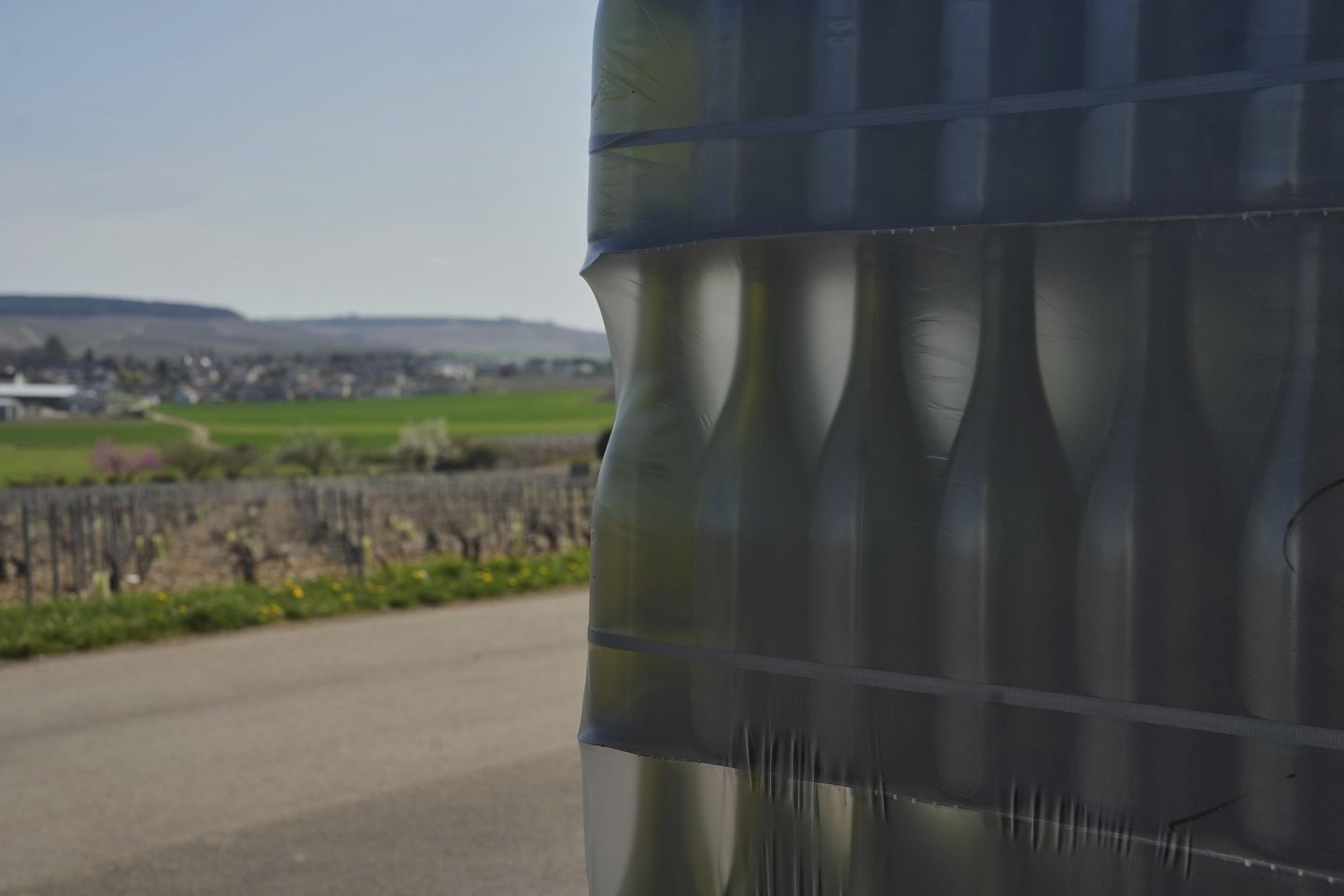
Wine and spirits companies are urging the U.S. and the European Union to strike a zero-tariff deal after the big trade pact announced over the weekend left them in limbo.
Distilled Spirits Council President and CEO Chris Swonger praised the weekend deal, saying it should set the table for “toasts, not tariffs.”
“We are optimistic that in the days ahead this positive meeting and agreement will lead to a return to zero-for-zero tariffs for U.S. and EU spirits products, which will benefit not only our nation’s distillers, but also the American workers and farmers who support them from grain to glass,” he said.
Wine and spirits companies want clarity as they contend with a series of headwinds, including a slowdown in sales as people spend less on alcohol.
Tariffs are a major factor for the European wine and spirits industries, which are tethered to soil and other characteristics of a region and cannot be replicated in the U.S., as Mr. Trump urges drugmakers and auto companies to move their operations to America to avoid tariffs.
The deal includes a 15% on many European products entering American markets, though many products will be exempt.
European Commission President Ursula von der Leyen said there would be a mutual zero tariff rate for “all aircraft and component parts, certain chemicals, certain [generic drugs], semiconductor equipment.”
The Comité Européen des Entreprises Vins, a key lobby for European wines, is urging the U.S. and EU to include their products in a zero-tariff agreement.
“We are still awaiting the full details of the agreement reached today and are watching with great anticipation the outcome of the upcoming negotiations regarding the list of products that will be included under the zero-for-zero tariff arrangement, among them some agricultural products,” CEEV President Marzia Varvaglione said. “We truly believe the trade of wine is of great benefit for both EU and U.S. companies, and it must be included in the zero-for-zero tariff arrangement.”
The industry is hoping for clarity in the coming days, but that might not happen.
A White House official said the wine-and-spirits situation is part of a broader negotiation and might not be set for immediate resolution, given everything the administration is trying to accomplish on trade.
The EU exported more than $10 billion worth of alcohol to the U.S. in 2024, according to Eurostat, as American consumers drank up white Burgundy from France, sangiovese from Italy, riesling from Germany and other products.
Distilled spirits are also big business with close associations with countries of origin, such as cognac from France and scotch whiskey from Scotland.
Stocks for major European brands such as Pernod Ricard, Remy Cointreau and Davide Campari were down slightly in early trading Monday, given the uncertainty.
The CEEV said that for every dollar Europeans make selling wine to the U.S., the American distribution and hospitality sectors make $4.50, so the trade is mutually beneficial.
The group said the potential imposition of a 15% tariff on EU wines would cause “significant economic losses” for the EU and U.S. alike.











